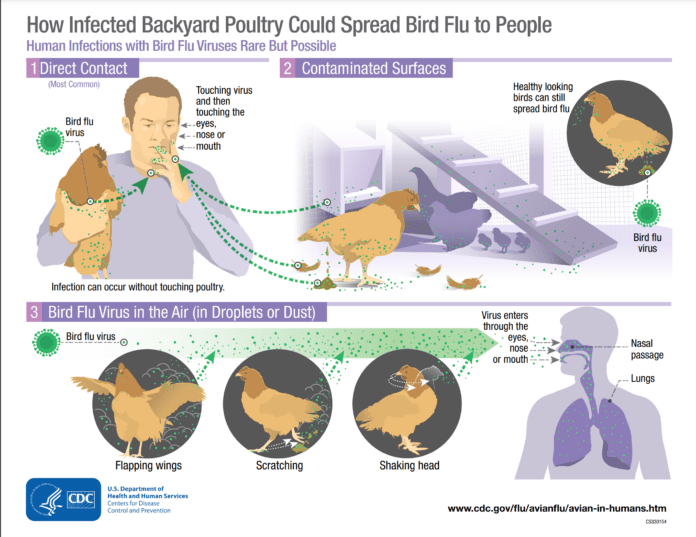AUSTIN — The National Veterinary Services Laboratories (NVSL) confirmed the presence of Highly Pathogenic Avian Influenza (HPAI) in domesticated swans in Nueces County. As expected by disease experts, HPAI is circulating among wild birds in Texas as fall migration begins for waterbirds and waterfowl.
Detected in all states across the U.S. except Hawaii, HPAI is a highly contagious virus that transmits easily among wild and domestic birds. The virus can spread directly between animals and indirectly through environmental contamination.
Because of the ease of transmission, Texas Parks and Wildlife Department (TPWD) recommends wildlife rehabilitators remain cautious when intaking wild animals with clinical signs consistent with HPAI and consider quarantining animals to limit the potential for HPAI exposure to other animals within the facility. The public can assist in interrupting HPAI transmission by limiting all unnecessary contact with wild birds.
Additionally, game bird hunters should consider precautions such as:
Disposing carcasses properly
Wearing gloves when processing
Avoiding consumption or processing of any sick bird
Cleaning and disinfecting tools between carcasses
Cooking meat to proper temperatures
Currently, the transmission risk of avian influenza from infected birds to people remains low, but the public should take basic protective measures if contact with wild animals cannot be avoided. The public and health care professionals can find more information about HPAI in humans from the Texas Department of State Health Services. If you had contact with a confirmed HPAI positive animal and develop signs of illness, immediately contact your health care provider and let them know about the exposure.
Those who locate wild animals with signs consistent with HPAI should contact their local TPWD wildlife biologist.













